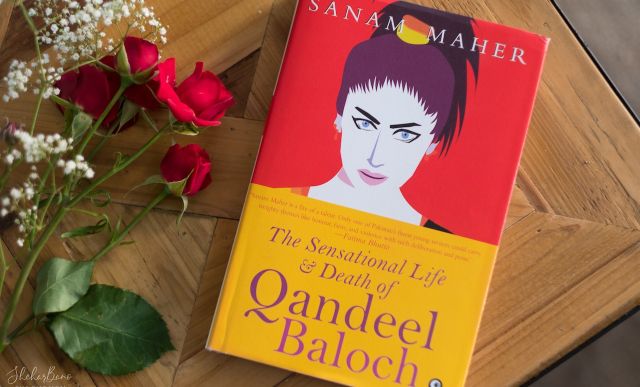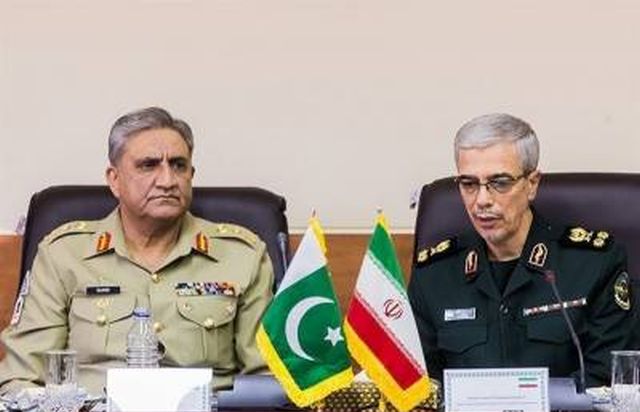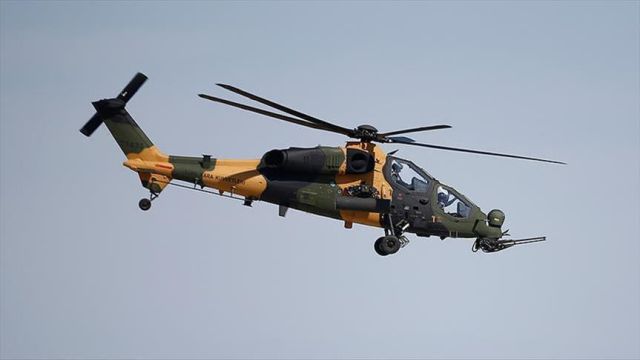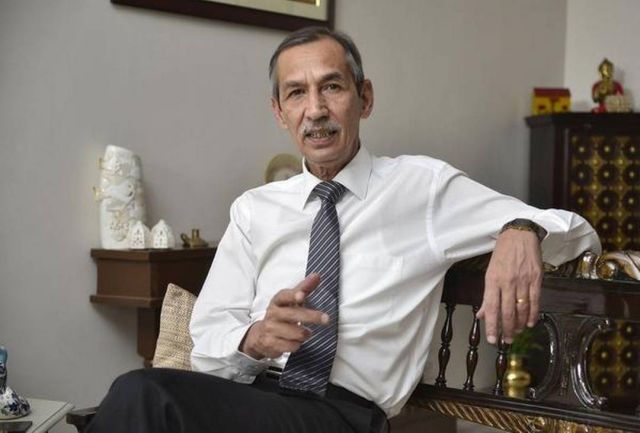
by Editor | May 25, 2021 | Books, Muslim World
 By Mayabhushan Nagvenkar,
By Mayabhushan Nagvenkar,
Book: The Sensational Life and Death of Qandeel Baloch; Author: Sanam Maher; Publisher: Aleph; Pages: 272; Price: Rs 466
Like a dragon exhaling spurts of fire, the global social media factory has spewed many a fiesty celebrities over time.
But unlike the Paris Hiltons and Kim Kardashians of the world and India’s own Rakhi Sawant, Pakistan’s Qandeel Baloch, the social media queen of Pakistan, paid for her sudden spurt to cheesy celebrity status with her life in 2016, when she was allegedly murdered by her brother in a bid to preserve family honour.
Karachi-based journalist Sanam Maher’s book “The Sensational Life and Death of Qandeel Baloch” is an attempt to revisit the spectre of Fauzia Azeem alias Qandeel Baloch, her life, the seeds of sensation she peppered in urban Pakistan and the harvest of death which she reaped in return, by outraging her own siblings and the “alarmed” conservatives from her village Shah Sadar Din and the Baloch clan.
The book looks at the life and death of the model-turned-actress-turned social media phenomenon through interviews with and observations of those who knew her.
It is not just a detailed journalistic account of how Fuazia — a “normal” girl — transformed into Qandeel and how Qandeel’s murder eventually became a sensational story of honour killing. The book also tries to examine the fissured soul of Pakistani society, which though mired in orthodoxy and ultra conservatism, is still trying to make sense of the social media boom and seductive liberal infuences seeping in through the online networks.
As Maher stitches together the narrative of Qandeel’s death, she layers parallel narratives of the circumstances in which she was born, lived, transformed, entertained and eventually died.
The effort is also aimed at trying to look at the life and death of Qandeel with alternative perspectives — whether it the deceased’s father, mother, lawyer and a host of other characters — including a reporter who was first to reach the site of murder — who were involved in the story, which was one of Pakistani media’s most documented news developments in 2016.
The portrait of Qandeel as described by the author is not a simple one. A girl born into a poor family of eleven, which included six brothers, in the conservative social reaches of Pakistan’s Punjab province, Qandeel came into her own after she left her husband and became a sought-after celebrity thanks to a failed Pakistan Idol audition, her provocative pranks both on TV as well as on social media, which included flirting with a cleric and publicly promising to do a lap dance for Pakistani cricketer Shahid Afridi, if he won a T20 match against India.
Maher’s work is also in many ways a critique of the power of the social media to “manufacture” celebrities instantly and the pressures which pinball around newfound celebritydom. In Qandeel’s case, the pinball finally stopped with the firm hands of her brother around her throat, clamping her to death.
(Mayabhushan Nagvenkar can be contacted at mayabhushan.n@ians.in)
—IANS

by Editor | May 25, 2021 | Muslim World
 Islamabad : Iranian top military commander said on Tuesday that Iran and Pakistan are seeking to jointly manufacture defence equipment, Press TV reported.
Islamabad : Iranian top military commander said on Tuesday that Iran and Pakistan are seeking to jointly manufacture defence equipment, Press TV reported.
Major General Mohammad Baqeri, chief of staff of the Iranian Armed Forces, made the remarks following a meeting with Pakistani President Mamnoon Hussain in Islamabad on Tuesday.
Iran and Pakistan are working to jointly make defence products and present them as a joint achievement of the Muslim nations, Baqeri was quoted as saying.
In the meeting, Hussain and Baqeri underlined the importance of the Tehran-Islamabad ties in different areas, particularly in the defence sector.
On Tuesday, Baqeri also held a meeting with Chief of Pakistani Naval Staff Admiral Zafar Mahmood Abbasi.
During the talks, the two sides discussed topics including military education, pilot training, military drills and contacts between the two countries’ defence industries, he added.
On Monday, the Iranian top commander blasted the United States for seeking insecurity in the Middle East and is against restoration of peace to this region.
“America tops the list of countries that seek to create insecurity in the region and is against the restoration of security to the region,” Baqeri said.
Baqeri arrived in Islamabad Monday for an official visit at the invitation of his Pakistani counterpart, General Qamar Javed Bajwa.
—IANS

by Editor | May 25, 2021 | Muslim World
 Ankara: Turkey and Pakistan on Friday signed a deal for the sale of 30 T129 ATAK helicopters, according to the Turkish Defense Industries Undersecretariat (SSB).
Ankara: Turkey and Pakistan on Friday signed a deal for the sale of 30 T129 ATAK helicopters, according to the Turkish Defense Industries Undersecretariat (SSB).
“Contract negotiations on T129 ATAK helicopters between Turkish Aerospace Industries (TAI) and the Pakistani Ministry of Defense Production were finalized,” the undersecretariat said in a statement.
This is the biggest single export in the history of the Turkish defense industry, the statement said.
TAI also agreed to provide logistics, spare parts, training, and ammunition services.
The T129 ATAK Multirole Combat Helicopter, developed by TAI, has been optimized for specific hot and high performance requirements of the Turkish Armed Forces.
Reporting by Goksel Yildirim:Writing by Tuba Sahin
—AA

by Editor | May 25, 2021 | Muslim World
 Lahore : Former Pakistan Prime Minister Nawaz Sharif and his daughter Maryam Nawaz were arrested by anti-corruption officials late on Friday after they arrived in Lahore from Abu Dhabi. The two were taken to Islamabad in a private plane.
Lahore : Former Pakistan Prime Minister Nawaz Sharif and his daughter Maryam Nawaz were arrested by anti-corruption officials late on Friday after they arrived in Lahore from Abu Dhabi. The two were taken to Islamabad in a private plane.
According to media reports, dozens of security officials entered the plane as it landed and asked other passengers to deboard. The passports of both Pakistan Muslim League-Nawaz (PML-N) leaders were seized by a three-member Federal Investigation Agency (FIA) team.
Nawaz and Maryam were flown in a small private plane to Islamabad. Upon landing in Islamabad, the two would either be flown to Adiala Jail or driven to Attock Jail, the reports said.
Nawaz and Maryam were convicted by an accountability court in the Avenfield corruption reference last Friday and handed jail sentences of 10 years and seven years, respectively. The former was found guilty of owning assets beyond known sources of income, while his daughter was convicted for aiding and abetting her father in covering up the “conspiracy”.
After the pronouncement of the verdict, Nawaz and Maryam had said they would return to Pakistan and appeal against the decision. The National Accountability Bureau (NAB) and the Punjab government had made elaborate arrangements to take the father-daughter duo into custody upon arrival.
In Lahore, authorities have braced to maintain law and order, as a large number of PML-N workers and supporters have gathered in various parts of the city to welcome the ousted Prime Minister and his daughter.
Earlier, the father and daughter departed late from Abu Dhabi as their flight got delayed for over two hours. They had left London the previous day.
—IANS

by Editor | May 25, 2021 | Interviews

Lt. General (retd) Deependra Singh Hooda
By Mohd Asim Khan,
New Delhi : The Indian side was prepared for escalation — in case Pakistan chose to do so — while conceiving and executing the 2016 surgical strikes by crossing the Line of Control (LoC) along the Jammu and Kashmir border, according to the army general who oversaw the strikes.
“We had sort of war-gamed all the contingencies of what could be the impact of the surgical strike. And one of the things that we did consider was that in case Pakistan decides to escalate, then what do we have to do,” Lt. General (retd) Deependra Singh Hooda, who planned and oversaw the execution of the operation as the General Officer Commanding (GoC) of the Northern Command, told IANS in an interview.
“And we had put plans in place of what is to be done in various areas. I can’t go into details, but definitely it was something that we considered,” he added.
On the intervening night of September 28-29, 2016 — 11 days after the Uri attack by militants from across the border — a group of Indian Army commandos crossed the LoC and in a pre-emptive strike destroyed several launch pads of militants in Pakistan-administered Kashmir. The Army estimated that 30-70 militants and their handlers were killed in the strike The highly-decorated officer retired from the Army on November 30th, the same year.
Hooda also said they knew there would only be a “limited” kind of response from Pakistan side, if at all.
“I was clear in my mind that the surgical strike was not going to lead to something like an all-out war between the two countries. That wouldn’t have happened because Pakistan military’s capabilities in that sense are limited. So I am not sure they would have decided to escalate to that extent,” Hooda said.
“But, yes, some local border incidents, in a kind of escalation, was something that we had in our mind,” he added.
Hooda said that this was not the first time that such a cross-LoC operation was done — in fact such things go on a “fairly regular basis” in a limited manner — but the surgical strike of 2016 was different from earlier similar operations primarily in two ways.
“Similar operations had been done in the past on multiple occasions. It’s been happening for years. It’s not as if it was for the first time. The difference was that this time around the scale was larger, and more importantly, the government decided to own up and say yes we did it. Whatever had been done in the past was never officially accepted,” Hooda said.
He said that it was a “very high risk” operation and he was worried about what would happen if something went wrong — like a soldier being captured — or how to evacuate a soldier if he was injured or killed.
“The exfiltration after the operation was actually a more risky task. But again, we had planned the contingencies. We had prepared to send more people across to get our boys out,” he said.
He said that Pakistan kept saying the surgical strike had not happened, but in fact there was considerable panic on the Pakistani side.
“We were listening to their radio conversation after the strikes and there was a fair amount of panic on the other side. They cancelled their leaves, more high alerts were sounded, and they kept telling each other to be careful as ‘these guys may come across again’. There was psychological pressure on the Pakistanis,” Hooda said.
After the operation, Hooda said, the morale of India soldiers went “sky high”.
“You could have seen it in their faces. The fact that they had gone across the border, done the operation and came back successfully without anybody getting injured was a great feeling. It was a complex operation. There was a huge confidence that we can do it again, which is a big thing because if you have a failure, then there is always a doubt in your mind whether we should attempt something like this again,” Hooda said.
The general, however, admitted that infiltration had neither stopped, nor had come down, after the surgical strikes. Instead, it appeared to have slightly gone up.
“They kept trying. And I believe there was a feeling that this has been done to us, we should try and do something back. Now, they can’t do it conventionally because their army cannot do it. So they kept sending infiltrators,” he said.
“Thousands and thousands of them (militants) are there. The Pakistani army thinks these are expendable chaps, toh inhe bhejte raho (keep pushing them across the border),” he added.
How does he feel when people raise questions on the veracity of army action or use of words like farcical strikes?
“Well, it’s a bit disappointing. People should have no doubt when an army officer of the rank of DGMO (Director General Military Operations) comes in front of the camera on live TV and announces that this has been done. Officials at that level cannot give irresponsible statements,” Hooda said.
(Asim Khan can be contacted on mohd.a@ians.in )
—IANS





